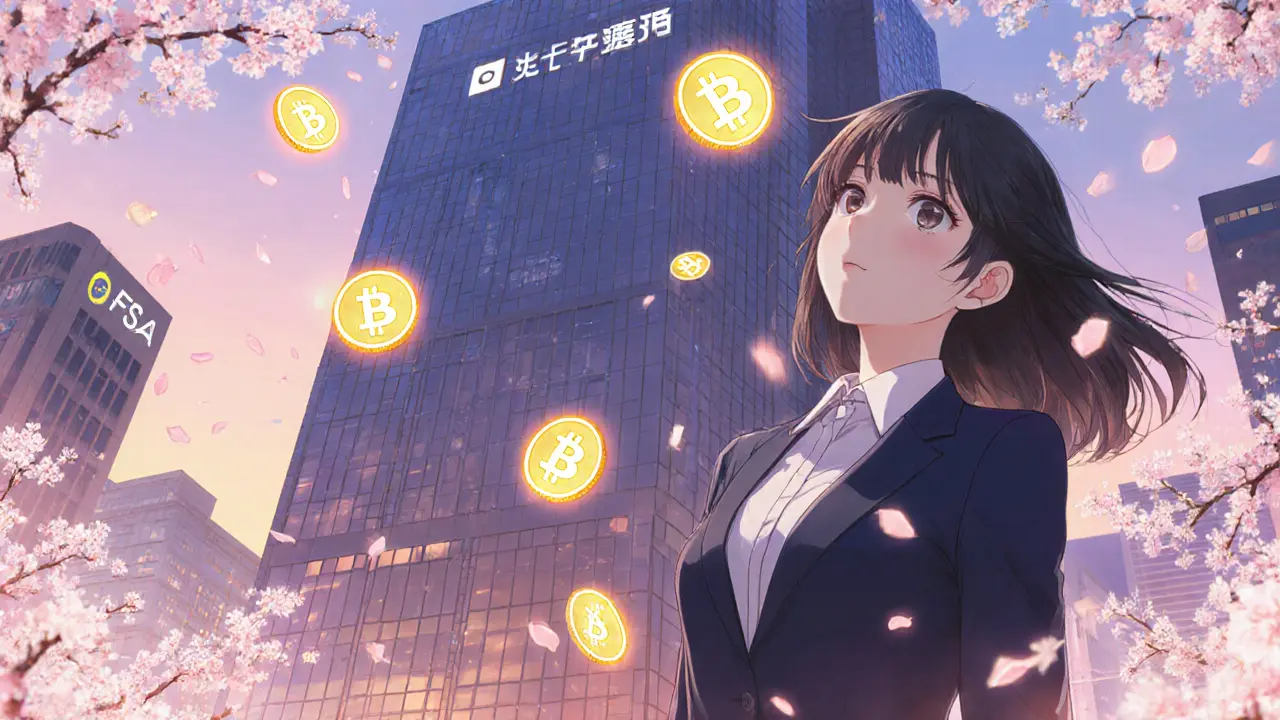Crypto Exchange Rules in Japan: What Traders Need to Know
When it comes to crypto exchange rules in Japan, the country’s legal framework for digital asset trading is among the most detailed and enforced in the world. Also known as Japan’s Virtual Currency Act, this system puts crypto exchanges under direct oversight by the Financial Services Agency (FSA), Japan’s primary financial regulator responsible for licensing and monitoring digital asset platforms. Unlike places where crypto operates in a gray zone, Japan treats crypto exchanges like banks—with strict rules on security, reporting, and customer protection.
Every crypto exchange operating legally in Japan must be registered with the FSA. That means they need cold storage for 95%+ of user funds, regular audits, two-factor authentication for all users, and clear separation of customer assets from company funds. The FSA also requires exchanges to report suspicious transactions and keep records for five years. If they fail? Their license gets pulled—fast. In 2018, over a dozen unregistered platforms were shut down overnight. This isn’t bureaucracy for show; it’s survival. That’s why Japanese exchanges like BitFlyer, Coincheck, and Zaif are trusted globally—not because they’re the cheapest, but because they’re the safest.
These rules don’t just protect users—they shape what kinds of tokens you can trade. The FSA doesn’t allow listing of anonymous coins like Monero or Zcash. Tokens must have clear teams, public roadmaps, and verifiable utility. Meme coins? They’re banned unless they meet strict disclosure standards. Even stablecoins need approval before being listed. This means if you’re trading in Japan, you’re not chasing wild speculation—you’re dealing with assets that have passed a regulatory filter most countries don’t even attempt. The result? Fewer scams, more stability, and less noise.
But it’s not all perfect. These rules make it harder for small traders to access new projects early. If a token isn’t approved by the FSA, it won’t be on a Japanese exchange. That means Japanese users often turn to offshore platforms—risking their funds outside the legal safety net. It’s a trade-off: safety over speed, clarity over opportunity. And while this slows down innovation, it also prevents crashes like the one that hit Coincheck in 2018, when $530 million in NEM tokens vanished due to poor security.
What you’ll find in the posts below are real-world examples of how these rules play out—exchanges that passed the FSA test, tokens that got rejected, and how traders navigate the system without breaking the law. You’ll see reviews of platforms that comply, breakdowns of banned assets, and insights into how Japanese regulations influence global crypto trends. This isn’t theory. It’s what’s actually happening on the ground, in one of the most regulated markets in the world.
FSA Crypto Oversight in Japan: How Strict Compliance Shapes the Market
Nov, 2 2025
Japan's FSA enforces one of the world's strictest crypto compliance systems, requiring cold storage, fund segregation, and licensing. Learn how this framework protects users, raises costs, and sets global standards.
Read Article→
